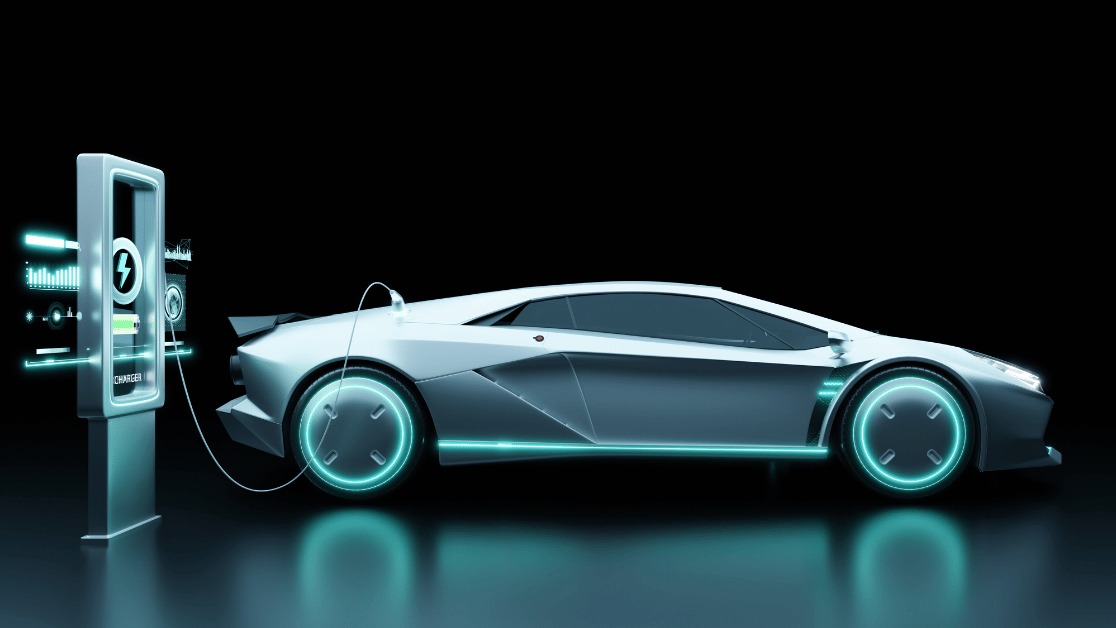
Battery Technology Innovations for Electric Vehicles
As the world shifts towards a more sustainable future, electric vehicles (EVs) have emerged as a prominent solution to reduce greenhouse gas emissions and combat climate change. Central to the success of EVs is the advancement of battery technology. With a decade of experience in this field, this expert article explores the latest innovations in battery technology for electric vehicles, examining their impact on range, charging speed, durability, and environmental sustainability.
The Evolution of Electric Vehicle Batteries
Lithium-ion Dominance
For many years, lithium-ion batteries have been the go-to choice for electric vehicles due to their high energy density and relatively low weight. However, researchers and engineers are constantly seeking ways to enhance their performance and address their limitations.
Beyond Lithium-ion
In recent years, significant research efforts have been devoted to developing alternative battery chemistries, such as solid-state batteries and lithium-sulfur batteries. These innovations aim to overcome some of the challenges associated with traditional lithium-ion batteries, including limited energy density and concerns about safety.
Improving Energy Density
Solid-State Batteries
Solid-state batteries represent a promising innovation in the world of EVs. By replacing the liquid electrolyte in conventional batteries with a solid electrolyte, solid-state batteries offer higher energy density, which translates to longer driving ranges for electric vehicles. Moreover, they are safer and less prone to overheating.
Silicon Anodes
Another avenue of research focuses on silicon anodes. Silicon can store significantly more lithium ions than traditional graphite anodes, which leads to increased energy density. However, addressing the issue of silicon’s expansion and contraction during charging cycles remains a challenge.
Enhancing Charging Speed
Fast Charging Stations
One of the primary concerns for EV owners is the time it takes to recharge their vehicles. Innovations in battery technology have led to the development of fast-charging stations capable of delivering a substantial amount of energy in a short time. These stations use advanced cooling techniques to prevent overheating and ensure safe and rapid charging.
Ultra-fast Charging
Beyond fast charging, ultra-fast charging technologies are emerging. These systems aim to provide an even quicker recharge, making long-distance travel in electric vehicles more convenient. Achieving ultra-fast charging without compromising battery life is a focus of ongoing research.
Extending Battery Lifespan
Battery Management Systems (BMS)
Battery management systems have become increasingly sophisticated, allowing for precise control and monitoring of individual cells within a battery pack. This enables better management of temperature, voltage, and current, ultimately extending the lifespan of the battery.
Recycling and Second Life
To address concerns about the environmental impact of battery disposal, recycling and repurposing strategies are being developed. End-of-life batteries can be recycled to recover valuable materials, while some used batteries may find a second life in less-demanding applications, such as stationary energy storage.
Environmental Sustainability
Sustainable Materials
The quest for sustainability extends to the materials used in batteries. Researchers are exploring alternatives to rare and environmentally damaging materials like cobalt. Sustainable sourcing and recycling of materials contribute to the overall environmental footprint of electric vehicle batteries.
Life Cycle Analysis
Life cycle assessments consider the environmental impact of batteries from raw material extraction to manufacturing, use, and disposal. These analyses help identify areas where improvements can be made to minimize the environmental footprint of electric vehicle batteries.
Conclusion
Battery technology innovations are at the forefront of the electric vehicle revolution. The pursuit of higher energy density, faster charging, longer lifespan, and environmental sustainability drives ongoing research and development efforts. As a result, electric vehicles continue to improve in terms of range, performance, and accessibility, making them an increasingly viable and sustainable transportation option.
While challenges remain, the collaborative efforts of scientists, engineers, and manufacturers are steadily pushing the boundaries of what electric vehicle batteries can achieve. As these innovations continue to mature, electric vehicles will play an even more significant role in reducing carbon emissions and shaping the future of transportation.

